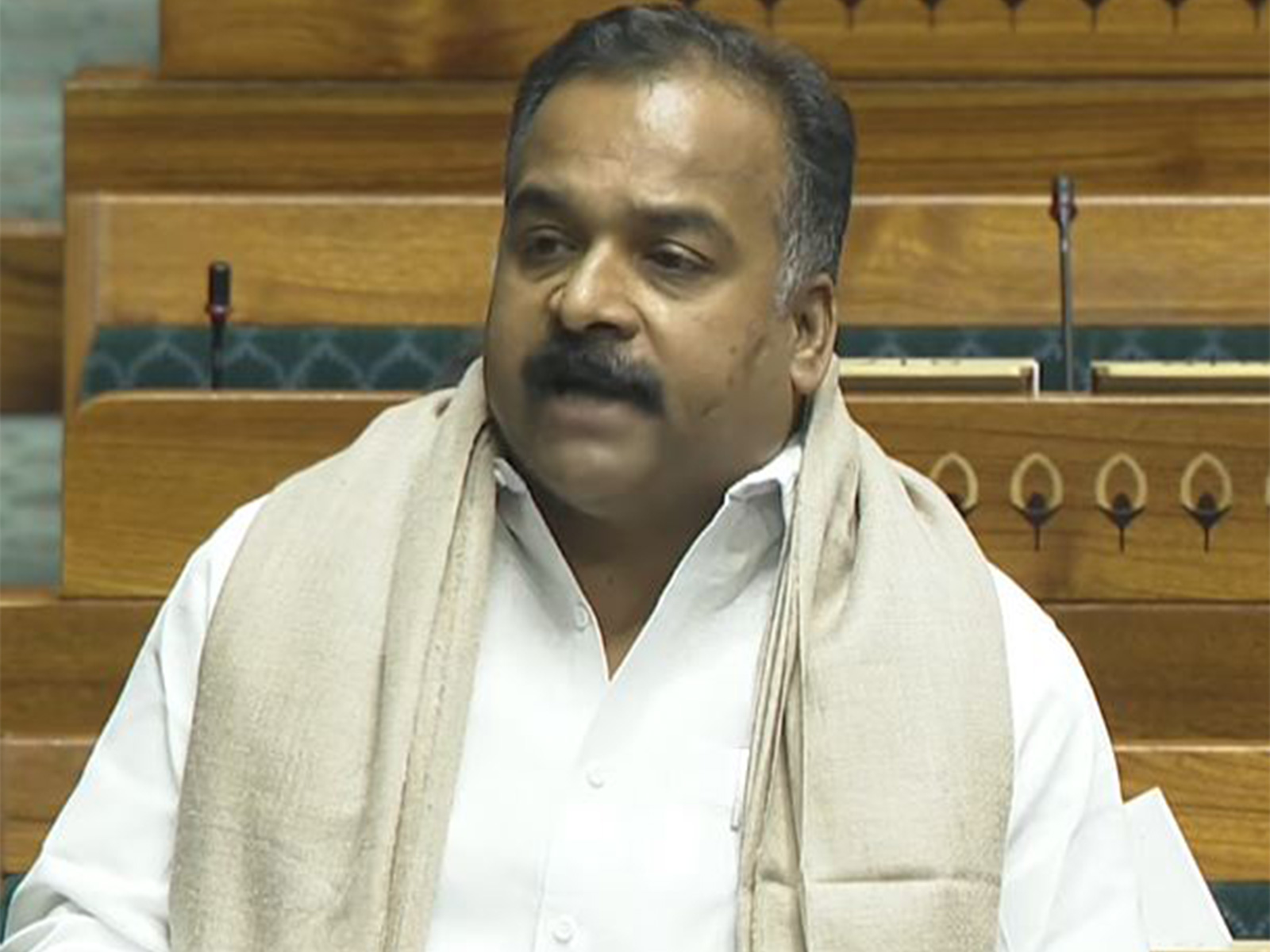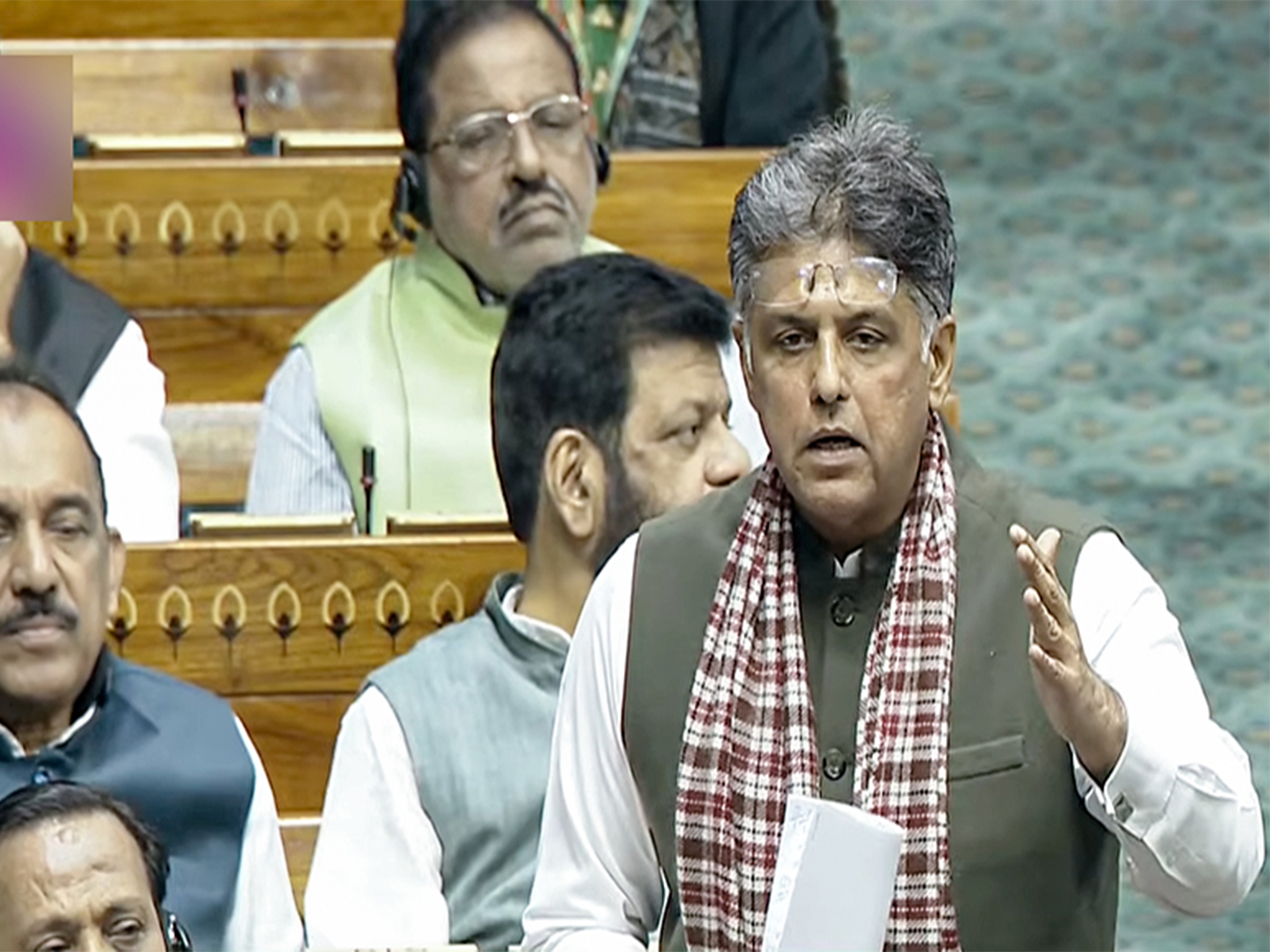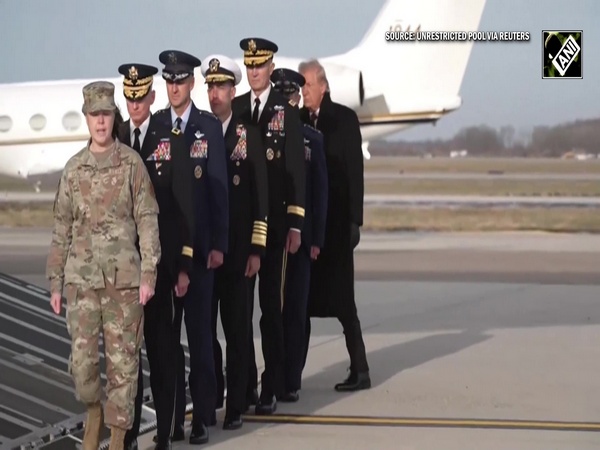Afghanistan: People raise concern over humanitarian crisis as winter approaches
Nov 07, 2022

Kabul [Afghanistan], November 7 : As the winter season is coming closer, Afghanis' concern for humanitarian crisis has grown, Khaama Press reported.
In the most recent report, the Office for the Coordination of Humanitarian Affairs (OCHA) stated that in 3 years, the poverty rate in the country has grown from 47 per cent to 97 per cent.
According to the report by OCHA, in 2020, the poverty rate was 47 per cent, which grew to 70 per cent in 2021 and then to 97 per cent in 2022. This data depicts that 97 per cent of Afghanistan's population lives under the poverty line as Afghanistan faces one of the world's worst humanitarian crises.
The report's rate of poverty in Afghanistan has been linked to factors such as the decline in income, a rise in food costs and inflation, drought, unemployment, and natural catastrophes, reported Khaama Press.
Due to loss of economic prospects and the exodus of significant numbers of human resources, poverty and unemployment in Afghanistan have intensified since the Taliban took back power in August 2021.
There are hundreds of young people who are left with no job. Afghanistan is struggling with poverty and unemployment despite their extensive experience and educational credentials in various political, cultural, and social fields, according to Khaama Press.
Earlier, according to the World Bank's (WB) new Afghanistan Development Update, the country's economy contracted by about 20 per cent in 2021.
The World Bank report released, in October, points to a sharp decline in public spending, lower household incomes, and reduced consumption caused aggregate demand to fall. It also highlights disruptions in the payment system and supplies constraints further hampered private sector activities, initially forcing many businesses to close or scale down their operations.
"Preliminary statistics on the gross domestic product (GDP) show that the economy contracted by about 20 per cent in 2021. Over the past year, the resumption of off-budget international support for humanitarian needs and basic services helped mitigate some of the negative impacts," the World Bank report said.
The report concludes that Afghanistan is a much smaller economy now. "While there are signs of economic stabilization and resilience of Afghan businesses, the country continues to face enormous social and economic challenges that are impacting heavily on the welfare of the Afghan people, especially women, girls, and minorities," said Melinda Good, World Bank Country Director for Afghanistan.
"Living conditions showed slight improvements in the past few months, but deprivation remains very high across the country, and persistent inflation might further erode any welfare gains."
"The report projects that the real GDP in 2022 will contract further, with an accumulated contraction of close to 30-35 per cent between 2021 and 2022, before moving to a low-growth path (2.0 to 2.4 per cent) for the next two years, with no improvement in per-capita income," the World Bank said.
The report says that poverty is expected to remain widespread, with over two-thirds of households in the country struggling to cover basic expenses.




















